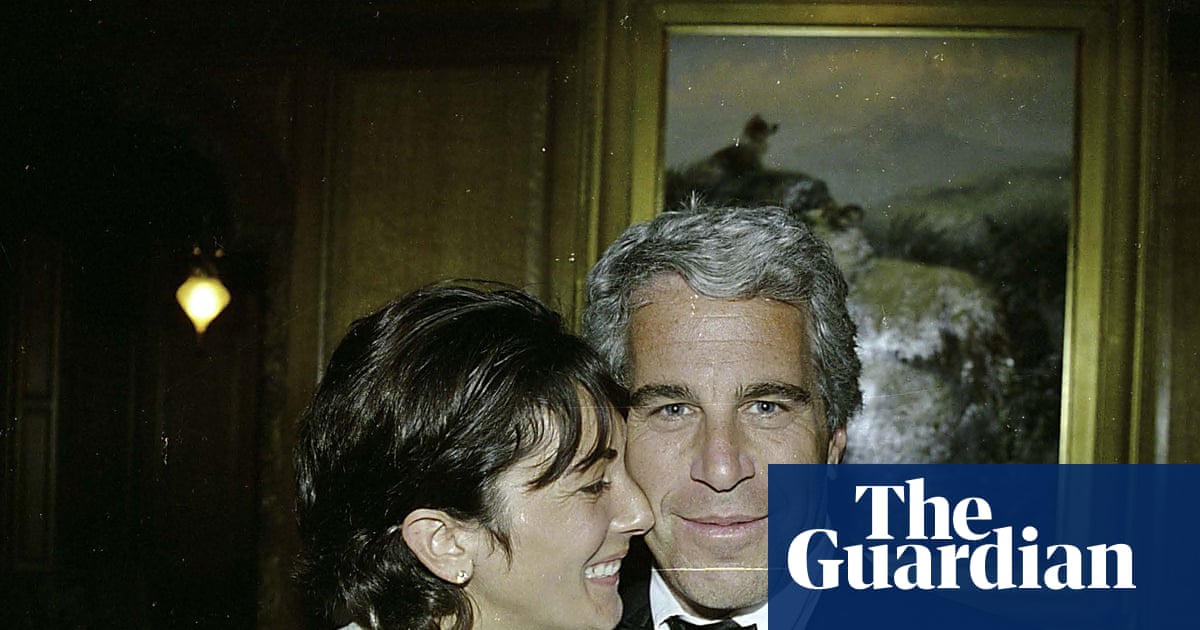Almost every American knows that in our legal system, people accused of crimes are presumed innocent. The burden is on the government to overcome that presumption and prove guilt beyond a reasonable doubt.
Those simple but powerful maxims were once a source of national pride. They distinguished the United States from countries where government officials and political leaders branded the opponents guilty before they were charged with a crime or brought to trial.
In Joseph Stalin’s Soviet Union, the Alice-in-Wonderland world of “sentence first-verdict afterwards” came to life in infamous show trials. Those trials lacked all the requisites of fairness. Evidence was manufactured to demonstrate the guilt of the regime’s enemies. Show trials told the story the government wanted told and were designed to signal that anyone, innocent or not, could be convicted of a crime against the state.
So far, at least, this country has avoided Stalinesque show trials. But the logic of the show trial was very much on display this week in the Oval Office.
In a now-familiar scene, during a meeting with the Philippines president, Ferdinand Marcos Jr, Donald Trump went off script. He turned a reporter’s question about the unfolding Jeffrey Epstein scandal into an occasion to say that former president Barack Obama had committed “treason” by interfering in the 2016 presidential election.
“He’s guilty,” Trump asserted, “This was treason. This was every word you can think of.”
Speaking after the director of national intelligence, Tulsi Gabbard, released a report on alleged Russian interference in the 2016 election, the president said: “Obama was trying to lead a coup. And it was with Hillary Clinton.”
Republican congressmen and senators, including the secretary of state, Marco Rubio, who investigated allegations of Obama’s involvement five years ago, found nothing to support them. But none of that mattered to the president on Tuesday.
As Trump put it: “Whether it’s right or wrong, it’s time to go after people. Obama’s been caught directly.” Not hiding his motives, Trump said: “It’s time to start after what they did to me.”
Guilt first. Charges, trials and other legal niceties come later.
This is American justice, Donald Trump-style. He wants no part of the long and storied tradition in which presidents kept an arms-length relationship with the justice department and did not interfere with its decisions about whether and whom to prosecute for crimes.
What Trump said about Obama is, the New York Times notes, “a stark example of his campaign of retribution against an ever-growing list of enemies that has little analogue in American history”. Putting one of his predecessors on trial also would take some of the sting out of Trump’s own dubious distinction of being the only former president to have been convicted of a felony.
Some may be tempted to write off the president’s latest Oval Office pronouncements as an unhinged rant or only an effort to distract attention from Trump’s Epstein troubles. But that would be a mistake.
A recent article by the neuroscientist Tali Sharot and the law professor Cass Sunstein helps explain why. That article is titled: “Will We Habituate to the Decline of Democracy?”
Sharot and Sunstein argue that America is on the cusp of a dangerous moment in its political history. They say that we can understand why by turning to neuroscience, not to political science.
Neuroscience teaches us that “people are less likely to respond to or even notice gradual changes. That is largely due to habituation, which is the brain’s tendency to react less and less to things that are constant or that change slowly.”
In politics, “when democratic norms are violated repeatedly, people begin to adjust. The first time a president refuses to concede an election, it’s a crisis. The second time, it’s a controversy. By the third time, it may be just another headline. Each new breach of democratic principles … politicizing the justice system … feels less outrageous than the last.”
Americans must resist that tendency. To do so, Sharot and Sunstein argue, we need “to see things not in light of the deterioration of recent years but in light of our best historical practices, our highest ideals, and our highest aspirations”.
In the realm of respect for the rule of law and the presumption of innocence, we can trace those practices, ideals and aspirations back to 1770, when John Adams, a patriot, practicing lawyer and later the second president of the United States, agreed to defend British soldiers involved in the Boston Massacre.
Adams did so because he believed that everyone, no matter how reprehensible their act, was entitled to a defense. That principle meant that people needed to learn to withhold judgment, to respect evidence and to hear both sides of a story before making up their minds.
That was a valuable lesson for those who would later want to lead our constitutional republic, as well as for its citizens. The trial of the British soldiers turned out, as the author Christopher Klein writes, to be “the first time reasonable doubt had ever been used as a standard”.
Fast forward to 1940, and the memorable speech of the attorney general, Robert Jackson, to a gathering of United States attorneys. What he said about their role might also be said about the president’s assertions about Obama.
Jackson observed that US attorneys had “more control over life, liberty, and reputation than any other person in America”. A prosecutor, he explained, “can have citizens investigated and, if he is that kind of person, he can have this done to the tune of public statements and veiled or unveiled intimations … The prosecutor can order arrests … and on the basis of his one-sided presentation of the facts, can cause the citizen to be indicted and held for trial.”
Sound familiar?
The president is not a prosecutor, but since he has returned to power, President Trump has behaved and encouraged those in the justice department to ignore Jackson’s warnings that a prosecutor should focus on “cases that need to be prosecuted” rather than “people that he thinks he should get”. Targeting people, not crimes, means that the people prosecuted will be those who are “unpopular with the predominant or governing group” or are “attached to the wrong political views, or [are] personally obnoxious to or in the way of the prosecutor himself”.
Jackson restated a long-cherished American ideal, namely that those with the power to ruin lives and reputations should seek “truth and not victims” and serve “the law and not factional purposes”.
Since then, presidents of both parties, in even the most controversial cases and those involving allies or opponents, have heeded Jackson’s warnings. They have said nothing about pending cases, let alone announcing that it’s time “to go after” people.
But no more. The justice department seems ready and willing to do the president’s bidding, even though there is no evidence that President Obama did anything wrong in regard to the 2016 election. In addition, he may have immunity from criminal prosecution for anything he did in his official capacity.
Trump’s attack on the “traitorous” Obama may be predictable. But it should not be acceptable to any of us.
Sharot and Sunstein get it right when they say, “To avoid habituating ourselves to the torrent of President Trump’s assaults on democracy and the rule of law, we need to keep our best practices, ideals, and aspirations firmly in view what we’ve done.” We need “to compare what is happening today not to what happened yesterday or the day before, but to what we hope will happen tomorrow”.
To get to that world, it is important to recall the words of John Adams and Robert Jackson and work to give them life again.
-
Austin Sarat, William Nelson Cromwell professor of jurisprudence and political science at Amherst College, is the author or editor of more than 100 books, including Gruesome Spectacles: Botched Executions and America’s Death Penalty

 German (DE)
German (DE)  English (US)
English (US)  Spanish (ES)
Spanish (ES)  French (FR)
French (FR)  Hindi (IN)
Hindi (IN)  Italian (IT)
Italian (IT)  Russian (RU)
Russian (RU)  20 hours ago
20 hours ago
























Comments